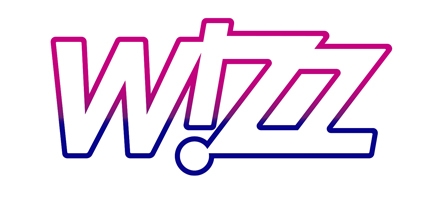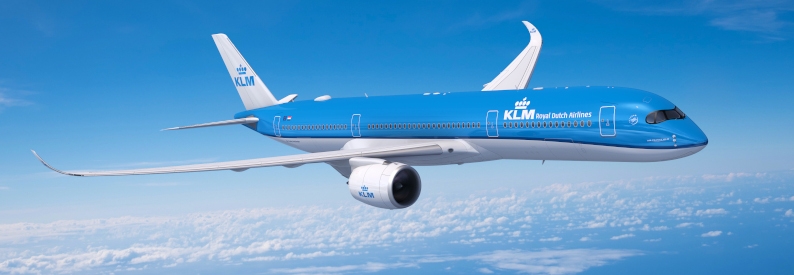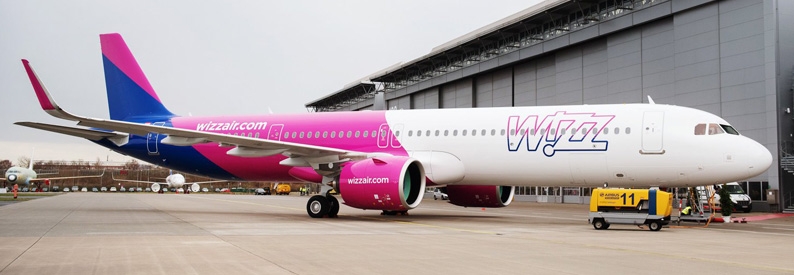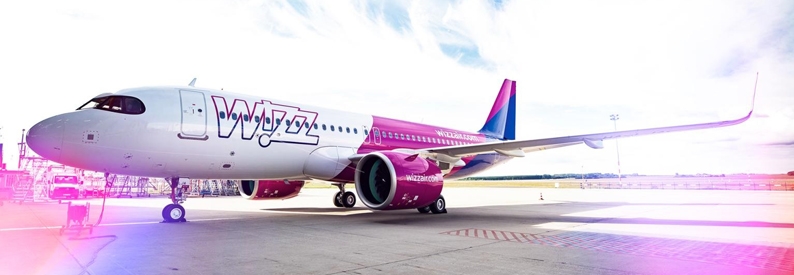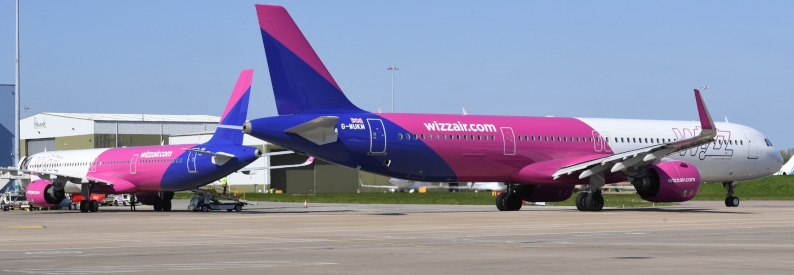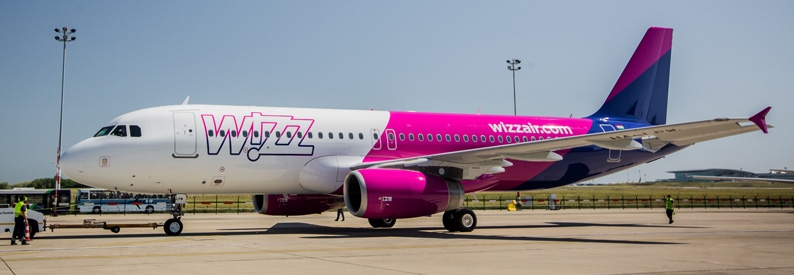The United States Department of Transportation (DOT) has rejected Wizz Air's application for a Foreign Air Carrier Permit (FACP) over concerns about its safety oversight.
"The Department seeks a safety recommendation from the Federal Aviation Administration (FAA) as part of our adjudication of foreign air carrier applications for initial exemption and/or permit authority. In this case, the FAA has advised us that it cannot make a determination at this time as to whether the safety oversight of Wizz Air Hungary is sufficient to support the award of economic authority to the applicant," the regulator said.
The DOT said it would seek further information from the European Union Aviation Safety Agency (EASA) and the Hungarian civil aviation authority (Polgári Légiközlekedési Hatóság - PLH). Hungary has not been audited by the FAA and does not have an International Aviation Safety Assessment (IASA) category assigned.
The Hungarian carrier did not respond to ch-aviation's request for comment. Its application covered cargo charters exclusively due to be operated with its single A330-200F owned by the Hungarian government.
Wizz Air's application was vehemently opposed by US and European trade unions. The Southwest Airlines Pilots Association (SWAPA), the Air Line Pilots Association (ALPA), the Allied Pilots Association (APA), and the Independent Pilots Association (IPA), supported by the European Cockpit Association (ECA), raised a litany of concerns related to the carrier's labour practices, which could allegedly adversely impact safety. They also highlighted that the carrier's application included few details regarding its proposed services to the US.
The low-cost carrier dismissed all safety allegations, underlining that it was properly certified and supervised by the relevant authorities. It also said that the lack of unionisation in itself could not be seen as a concern. It refuted concerns about the scarcity of details in its application, emphasising it was only seeking authority to operate ad-hoc charters rather than scheduled or regular charter flights to the US.
"While the ECA, ALPA and other Union Parties attempt to couch their grievances in terms of "fitness" and safety, their real concern is that Wizz Air's service has provided an important alternative to legacy air carrier service... The Department should not countenance the efforts of ALPA, the ECA or the other Union Parties to stop innovation in its tracks, or drag US regulators into issues that even the ECA itself has acknowledged are more properly addressed by European authorities," the airline argued.
The European Union authorities backed the carrier in their reply on March 22, 2022.
"Certification and oversight activities conducted by EASA in the field of air operations are performed in strict compliance with the applicable requirements of the European Union, which transpose and often exceed the ICAO applicable standards. We, therefore, strongly reject any insinuation from the part of the European Cockpit Association questioning the competence and ability of EASA to exercise effective safety oversight of Wizz Air. The ECA statements are unsubstantiated and lack any evidence. The same applies to the alleged safety implications of social matters, which EASA’s investigations could not confirm," EASA and the European Commission said in a joint pleading.
